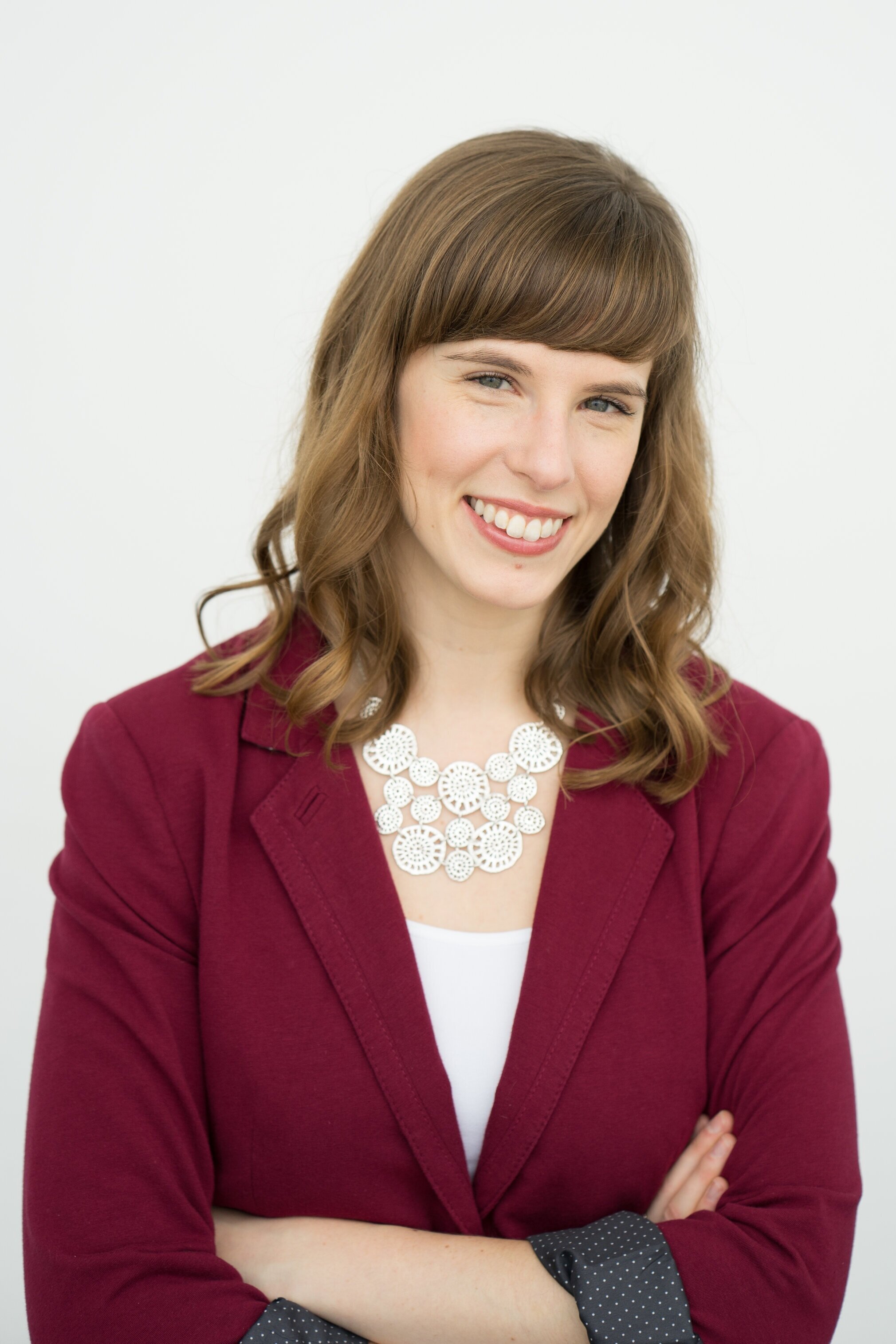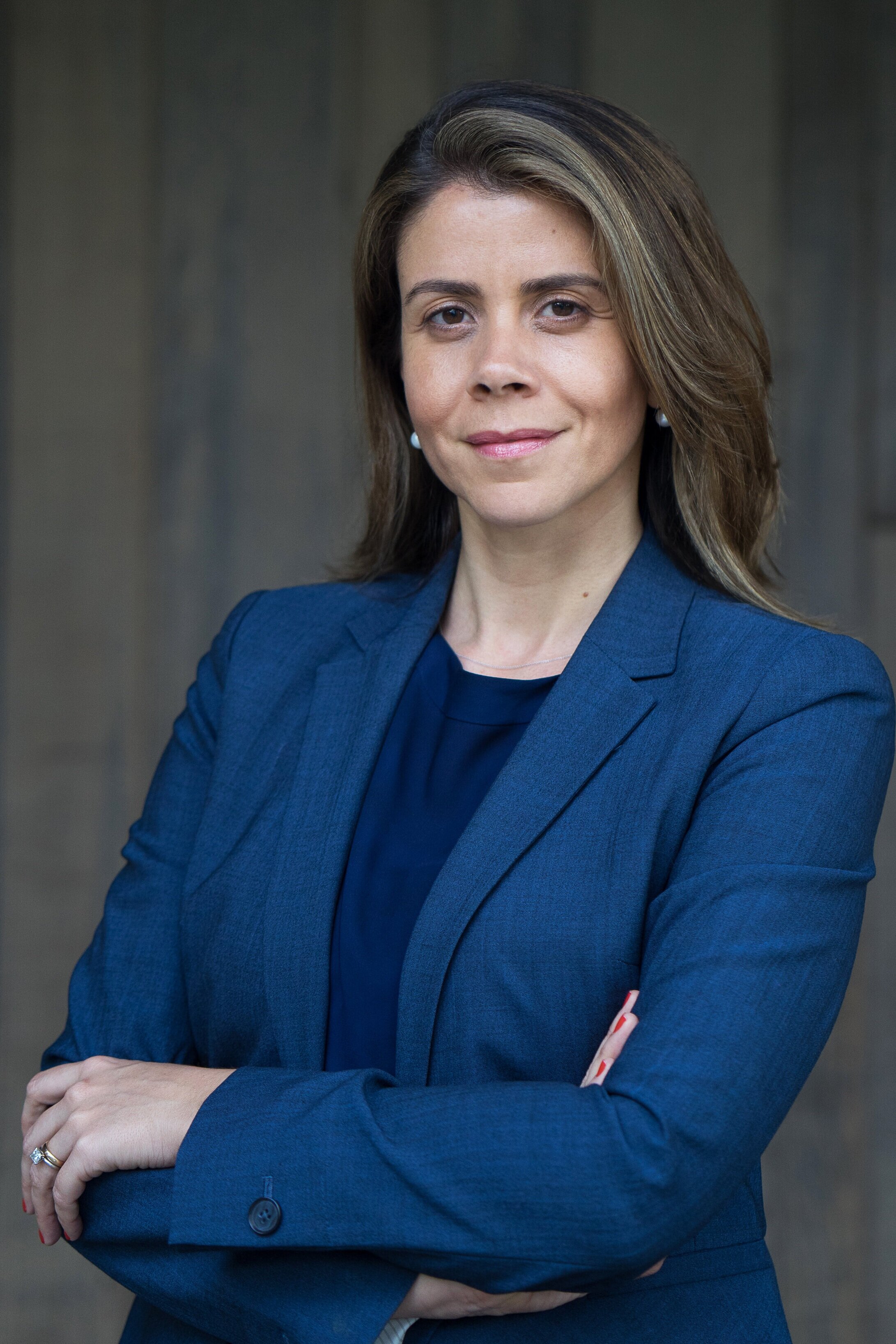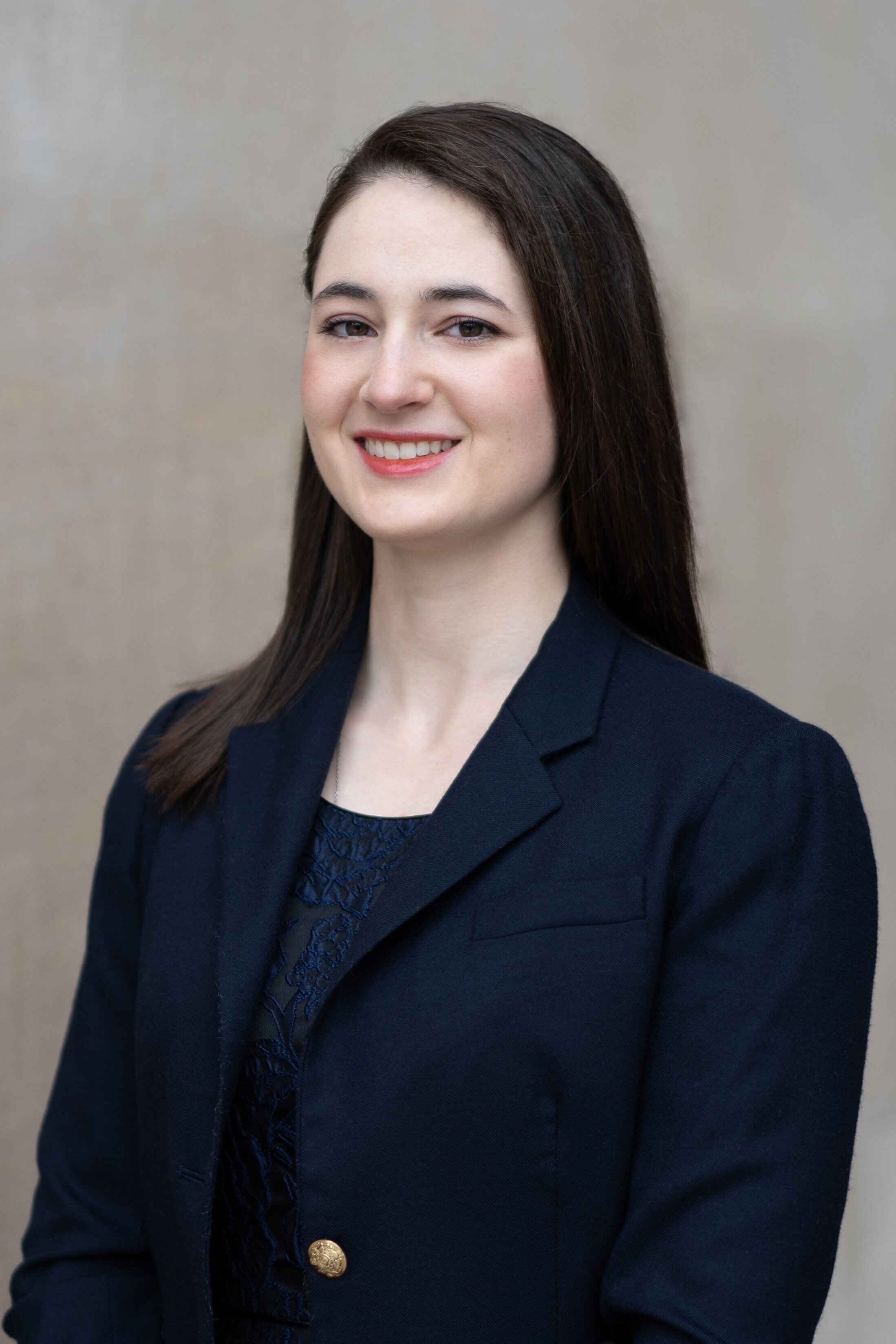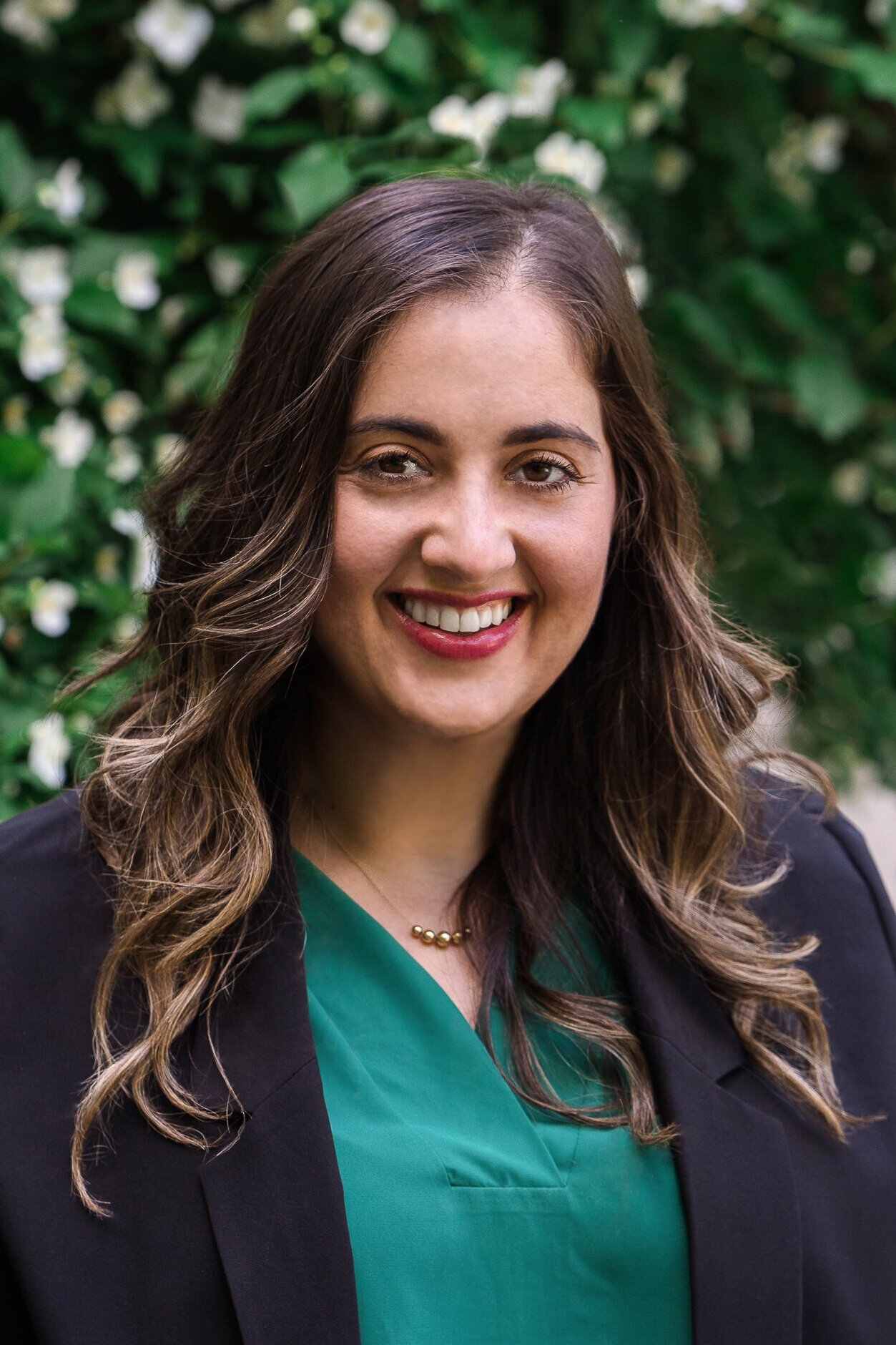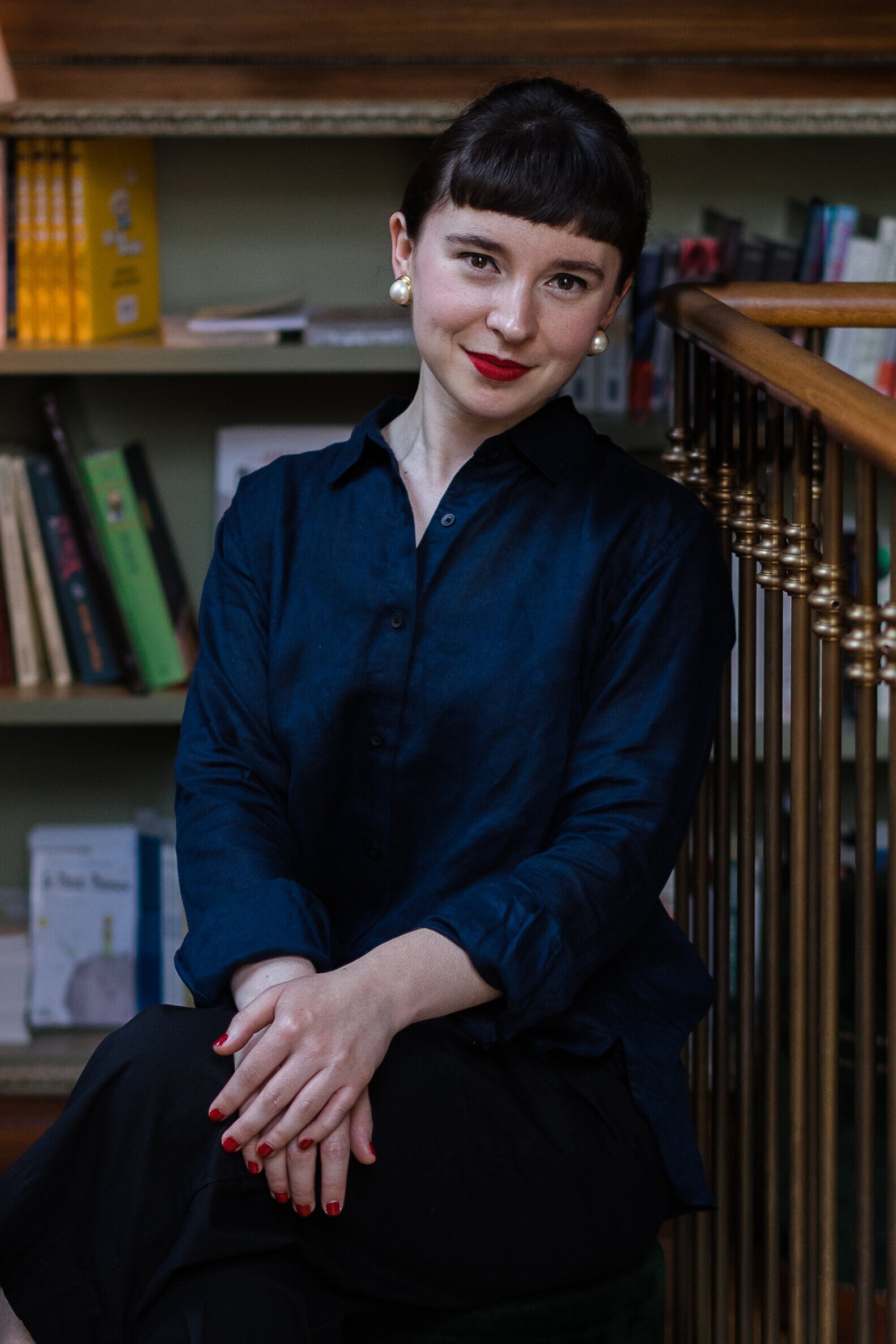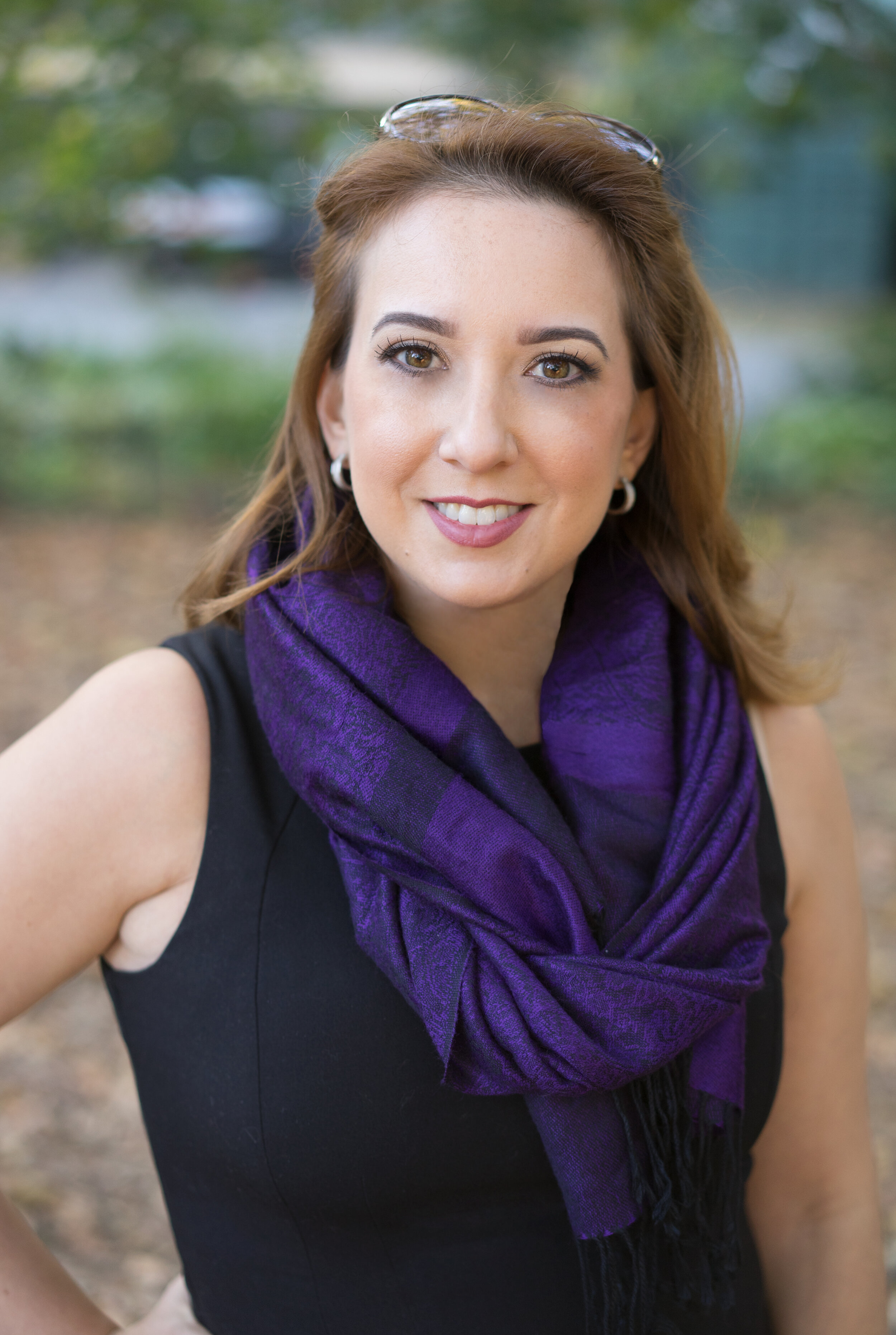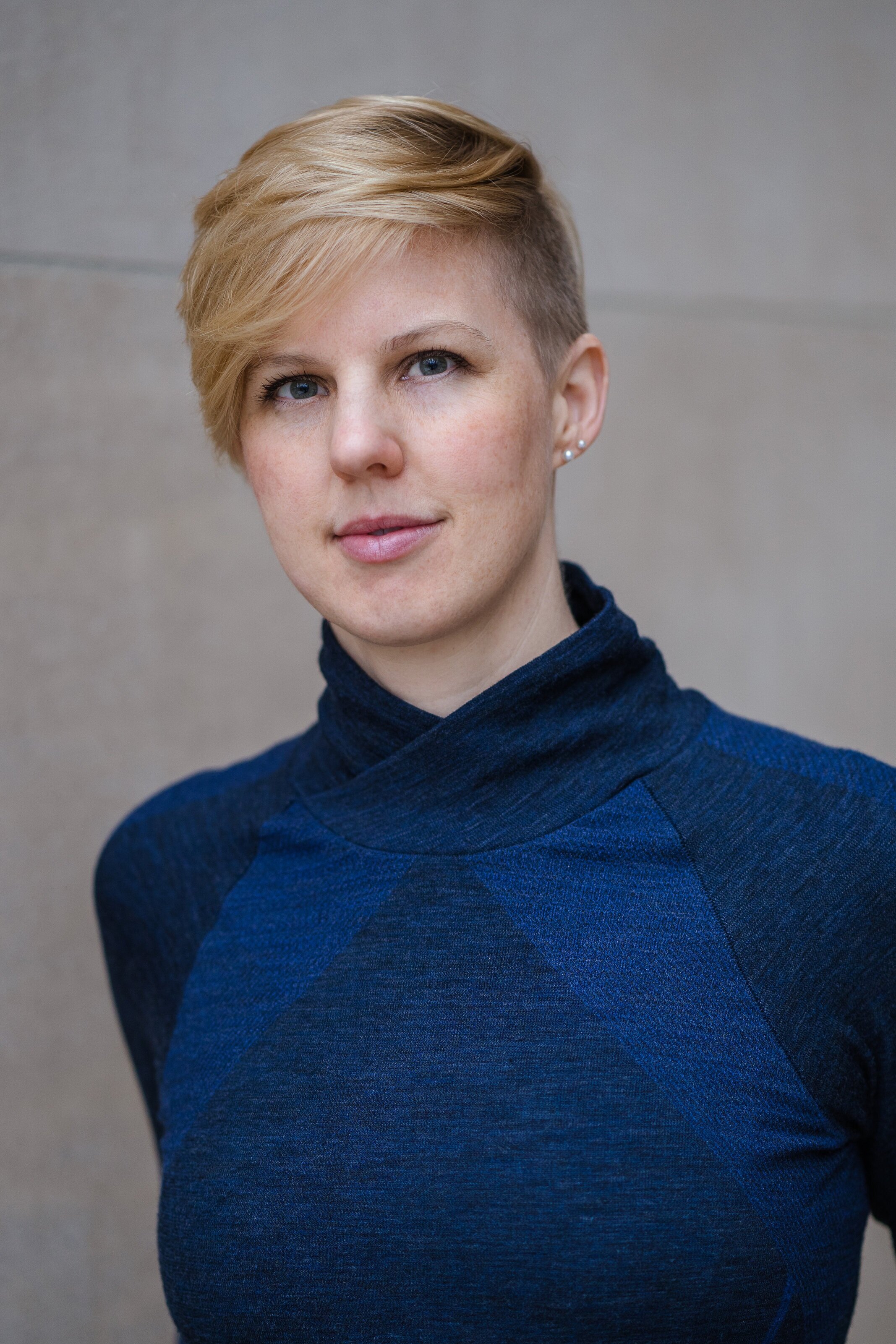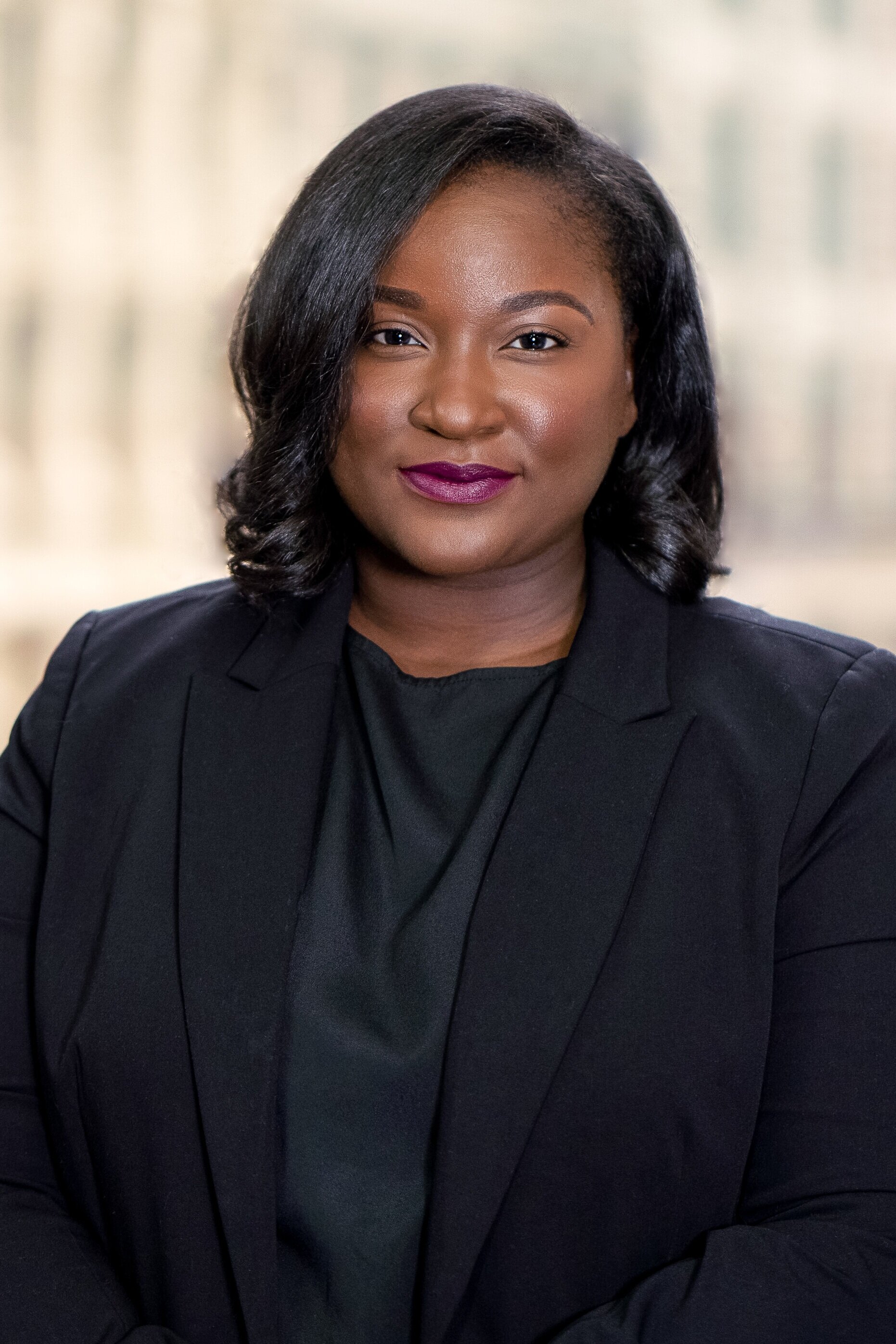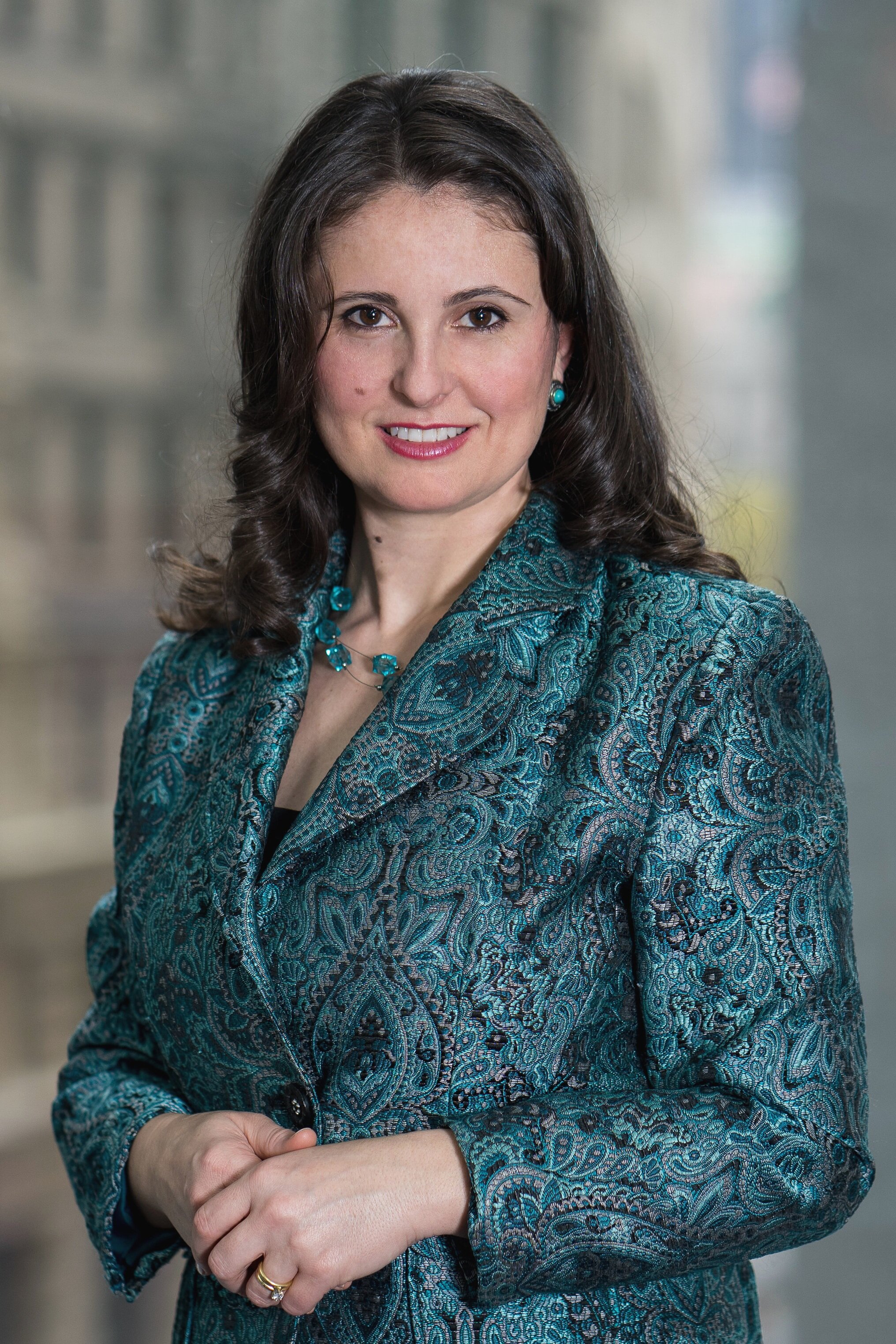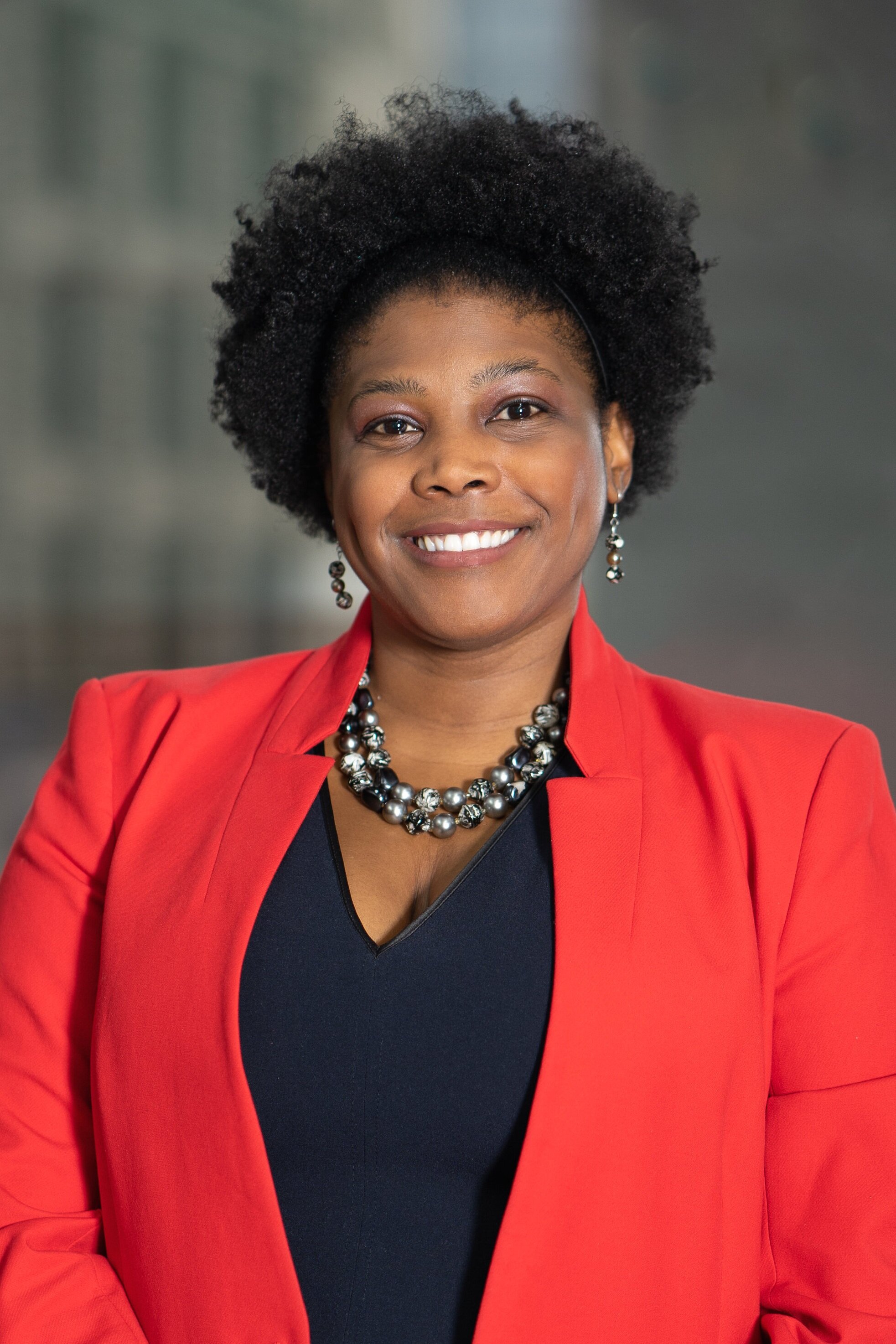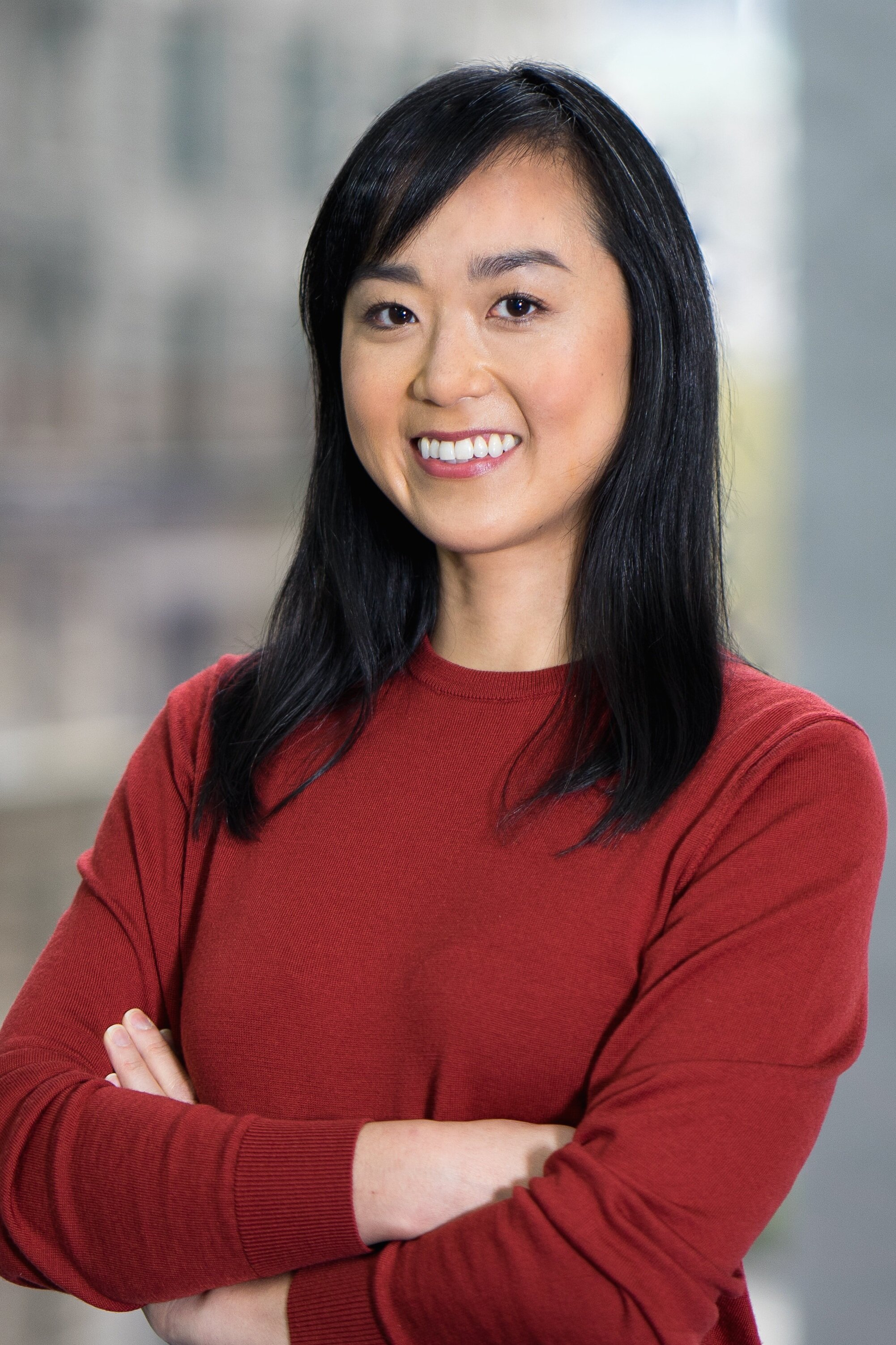“Badass Bosslady” Headshots, Representation & Conversation on DEI with EFCG’s Jessica Barclay
One of my favorite podcasts and online communities is “Bossed Up,” where the founder and host, Emilie Aries, signs off every episode with “lifting as we climb,” the motto of the first black women’s club, the National Association of Colored Women (NACW). Since becoming an active member of the Bossed Up Courage Community, I have participated in and listened to several discussions involving workplace challenges specific to women, mental health, DEI, representation, and more. These conversations and others I’ve had with the incredible women in my life inspire this post; most notably, my conversation with Jessica Zofnass Barclay, Managing Partner at EFCG, below.
While I rarely share my corporate event photos and professional headshots on social media, it is through my corporate work that I have met so many impressive women leaders and executives. Many of these highly-accomplished women (with titles including Ph.D., CEO, Managing Partner, Executive Director, President) did not easily convey confidence at the beginning of their photo sessions. I noticed that tilting their head to the side or popping a hip to make their legs appear longer came as second nature but exuding confidence did not. For this reason, I love photographing women’s headshots because I coach my clients to let their confidence shine and shake off the indoctrinated ideas of how women should present themselves--cute, pretty, sexy, mysterious, etc. Confidence is powerful and, I believe, enhances our beauty. According to Barbara Tannenbaum, Ph.D. CEO of Dynamic Communications and distinguished lecturer at Brown University, “there are all kinds of studies that say looking confident will make people trust us more and will make people think we are more competent” (Aries, Emilie “How to be a Powerful Public Speaker” Audio blog post. Bossed Up. 4 August 2020. Web. 3, March 2021). After a few clients relayed how “badass” their session and photos made them feel, they became known as “badass bosslady headshots.”
Below are some of the fabulous women whose headshots I’ve had the pleasure of photographing. To prepare for your next headshot, download my free women’s headshot prep guide here.
The horrific and continued violence against all peoples of color in 2020 and the drastic uptick in hate crimes against the Asian American Pacific Islander community have brought conversations surrounding DEI and representation to the forefront in many circles. I have taken this time to listen, read, watch, and continue to learn. As a woman with white skin, it wasn’t until I watched Brayden Harrington speak at the 2020 Democratic National Convention and bravely stutter on national television that I felt first-hand, the immense power of seeing (or hearing) yourself represented. I cried in awe of this 13-year-old’s bravery and for the joy of feeling seen. Due to my ferocious reading, my vocabulary gives me the freedom to chose my diction around the sounds easiest to pronounce to avoid stuttering if I feel like it’s an “off day” where I may have difficulty pronouncing a “d” or “g.” Overall, thanks to having access to my incredible speech pathologist, Mildred DiTusa, whom I called “my mom at school,” and my loving, supportive parents, I’ve controlled and managed my stutter 98% since childhood. Yet, I never heard anyone stutter in the media, on TV, in film, and I didn’t know anyone else who did. It was not until watching Brayden speak that I realized how impactful it would have been as a child to know others faced the same challenges and sometimes sounded like me--that I wasn’t alone.
Representation is powerful--it matters. It inspires, heals, lifts. It is VITAL.
The women-owned L&G Research & Evaluation Consulting firm takes immense pride in having a diverse staff and hired me to take branding images for their website in addition to headshots. DEI isn’t a side conversation--it is the core of their company culture. It was wonderful to meet and photograph this impressive and friendly group! Below are a few from this fabulous group:
Back when live events were possible, I had the privilege of photographing conferences for the Environmental Financial Consulting Group (EFCG), run by three women managing partners. While documenting their conferences, consisting of breakout sessions, panel discussions, keynote speakers, networking breaks, and more, I was wowed by the three managing partners: Julie Hasiba, Jessica Zofnass Barclay, and Rebecca Zofnass, all 30-something women, who led the conferences as the leading experts speaking to audiences consisting primarily of men ages 50+. I noticed that their panels and speakers consistently featured diverse industry leaders despite the fields of focus not being known for diversity. It is clear that EFCG makes representation and DEI top priorities. I recently had a wonderful conversation with Jessica where we discussed her experience working in the male-dominated finance industry, the responsibility employers have to DEI, and our hopes for the future. Read more of our conversation below:
Rachael: Before becoming a partner at EFCG, did you come across many female executives in your field?
Jessica: Goldman Sachs’ senior leadership when I was there was mostly men, but there were several women in middle management roles whom I really respected and admired. J.P. Morgan had some very powerful women in senior leadership, including Kelly Coffey and Mary Erdos. I didn’t know them well but seeing their success was critical to my realizing, “yeah, I can do that.” I never had the pleasure of working with a woman as my boss, but I did have amazing, impressive, and intelligent women as my colleagues--they inspired me every day. Now that I’m in a leadership role, I actively work to empower other women at EFCG and to provide a platform to showcase our female clients’ expertise in a still very male-dominated industry.
R: What is it like speaking as an expert resource, especially at conferences, to a predominantly male audience? I would find that fairly intimidating, but you show no fear. How does it feel?
J: A lot of nerves and a lot of preparation. As younger women, we have to be ten times more prepared than men. Our focus is on research and analytics and our conference content is entirely driven by insights and data. I remind myself that we have an expertise that our clients don’t and that I offer a unique perspective and valuable insight that our clients pay a lot to learn from.
R: EFCG is deliberate in having diverse panels and speakers in a field that is dominated by white men. Is it challenging at times to find diverse speakers, given the lack of diversity in the field?
J: Incredibly challenging. We recently hired a new M&A analyst and we posted at Harvard, Kellogg, Northwestern, Indeed, and LinkedIn. We received over 400 applications: 399 men and one woman. Building a diverse team is of the utmost importance to us, so we needed to search for and encourage people who have been under the wing of systemic injustice. The onus is on the hiring manager to go above and beyond and think of other ways to bring qualified diverse candidates into the process.
R: How do you hope work culture and representation will change when your children begin their careers?
J: Challenging and shifting biases that come at a very early age is so important. When my sons enter the working world (in 20 years), I want all parents to have the same leave policy so dads can also shoulder the mind-share and responsibility of being a parent. Paternity leave policies will change things positively for everybody. Dads can learn how to be a new parent and be REALLY engaged in their children’s development, enabling both women and men to work and be parents. I hope there is no longer a bias against women in their 20s and 30s thinking we will leave our careers to have babies. Longer maternity leave only keeps women out of the workplace for longer vs. having equal paternity leave would allow for real change.
R: What are you most proud of what EFCG has accomplished thus far in its commitment to diverse representation and participation?
J: Bringing diversity to our panels and highlighting the impressive work that many leaders have done that may have sometimes flown under the radar. We’ve been working with many of our clients in their focus on DEI, challenging their cognitive biases and helping improve the hiring and retention policies they have in place. I do think it’s working, slowly!
Below are some resources I've found very helpful in learning to be a more informed ally and friend. The work continues!
Listen:
Read:
Asian American Dreams: The Emergence of an American People
Watch:
Act & Donate:


